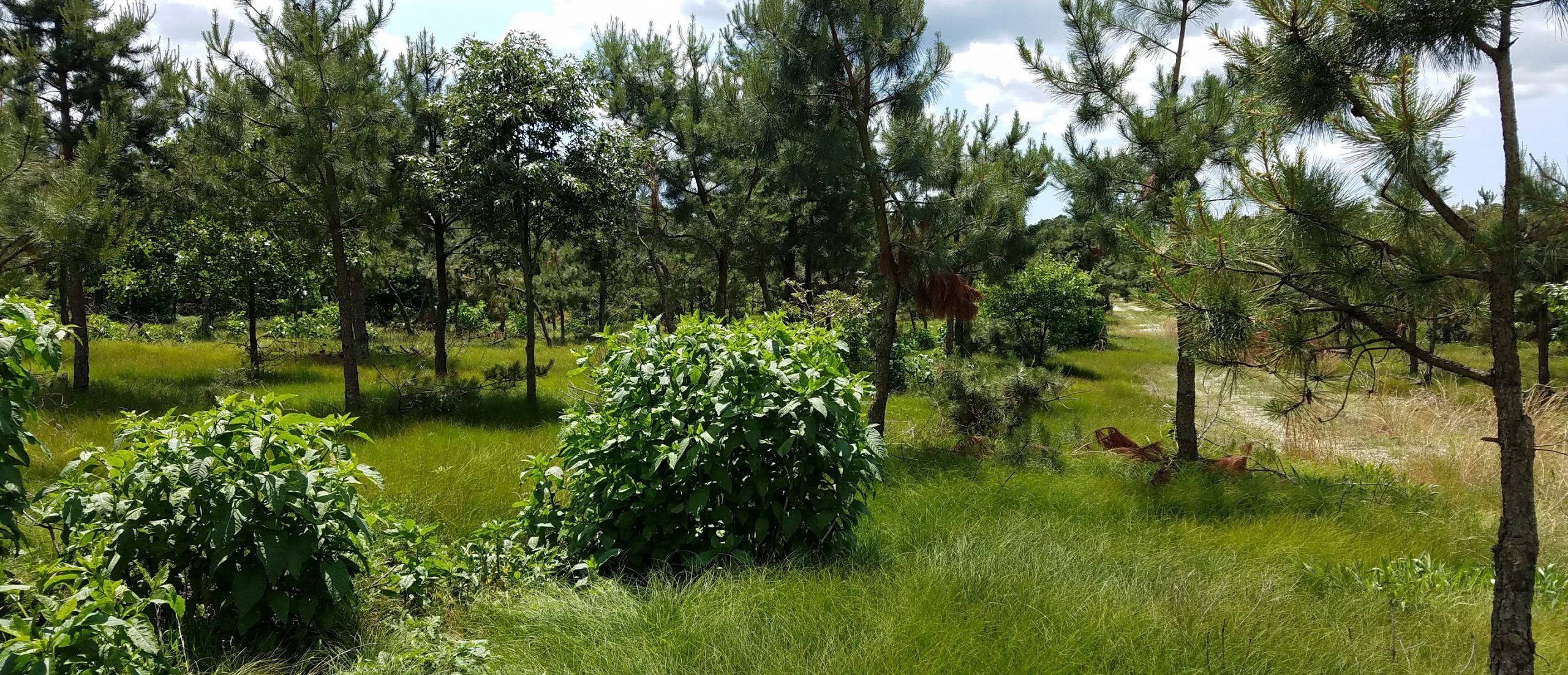NWTF Awarded with 7,000 Trees for Habitat Enhancement
The Arbor Day Foundation recently awarded the NWTF 7,000 trees to bolster the efforts of landscape-scale conservation delivery, including the Shortleaf Pine Initiative and the Atlantic White-Cedar Initiative.
Planting of the two imperiled tree species will begin in the early spring of 2023 on the Landis Sewerage Authority’s property and will enhance wildlife habitat on the water treatment facility’s property. This is one of many conservation projects to occur on the southern New Jersey wastewater treatment facility, which is known for implementing forest management and providing outdoor opportunities to the public.
“LSA’s conservation ethic is a great example of how we can blend industrial operations with wildlife habitat conservation,” said Mitch Blake, NWTF’s Mid-Atlantic district biologist. “LSA has been a great steward of the land and has made an incredible effort to manage their property for native flora and fauna.”
Through forest management – such as prescribed fire, invasive species removal and the forthcoming tree planting project – LSA works with conservation partners like the NWTF to conserve and sustain wildlife on its property, including wild turkeys. Due to such quality habitat, the property is a prospective site for future bobwhite quail releases.
Both the shortleaf pine and the Atlantic white cedar have been drastically reduced from their historic range prior to European settlement. It is estimated that shortleaf pine forests occur on 10% of their historic range, and the Atlantic white cedar is estimated to be even lower than 10% of its historic range.
“Through active forest management on public and private lands, we are working to put these iconic tree species back on the landscape on a scale that makes a difference,” Blake said. “It is through many projects like this – that cross state lines, have multiple stakeholders and benefit all land types – that we are able to create contiguous habitat and increase ecological value for all the wildlife species we care about.”
In addition to the value for wildlife and the overall ecosystem, this project will also increase outdoor opportunities for New Jersey residents.
This project is similar to many instances across the country where the two components of the NWTF mission – the conservation of the wild turkey and the preservation of our hunting heritage – are interwoven into one project site. In this instance, the NWTF WITO Chapter has held numerous WITO spring turkey hunts on LSA property.
“This project is great because it vividly illustrates the NWTF’s mission,” Blake said. “Accomplishing work that allows us to conserve wild turkeys provides the opportunities for hunters to go afield and enjoy the resource.”
